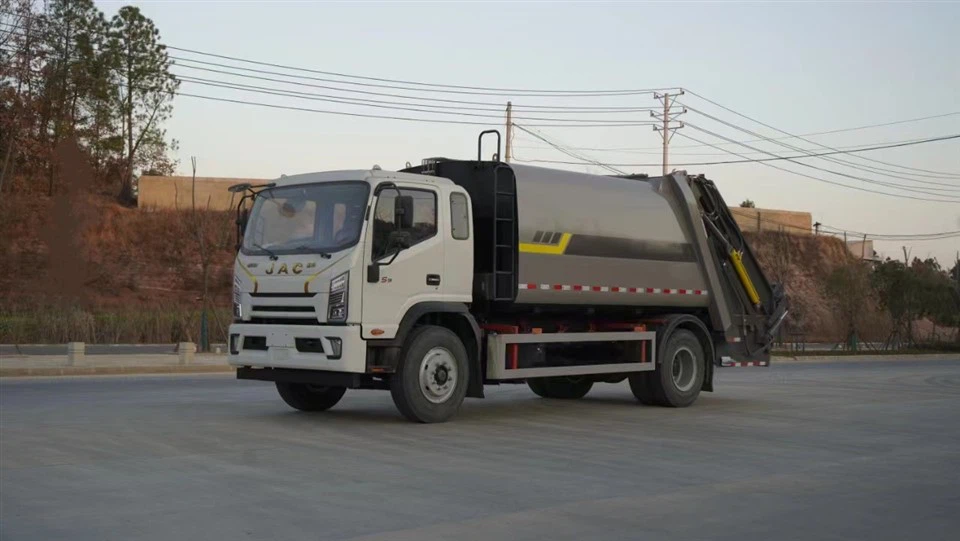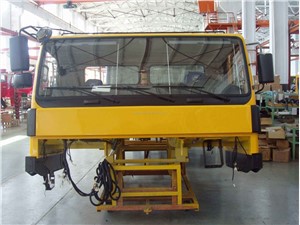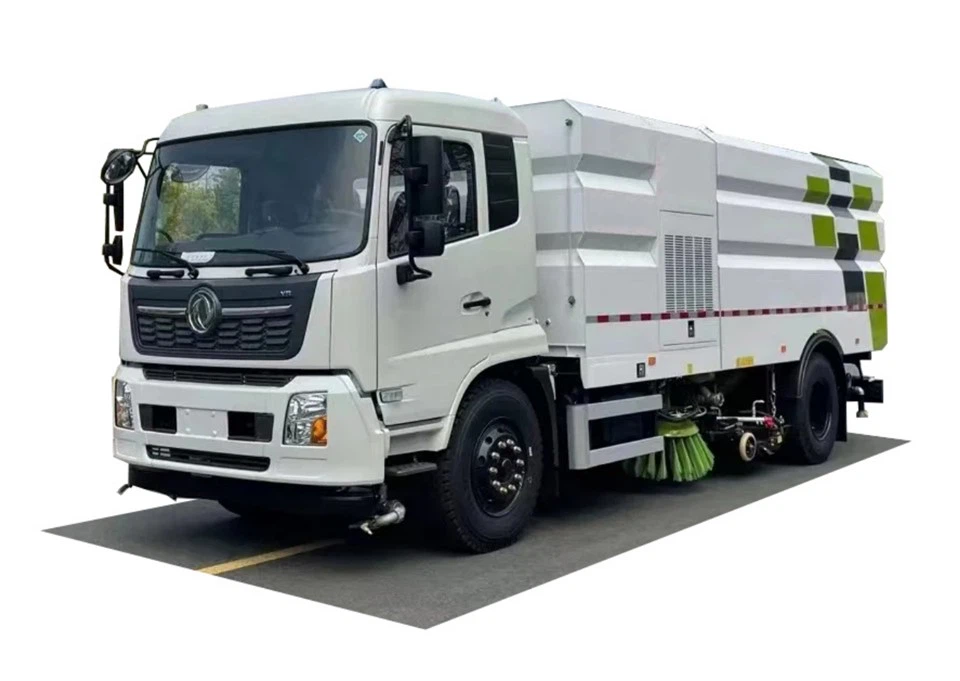Petroleum Trucks for Sale: A Comprehensive Guide

If you’re in the market for petroleum trucks for sale, you’re likely aware of the critical role these specialty vehicles play in transporting fuel, oil, and other petroleum products efficiently and safely. This article provides an in-depth look at the various types of petroleum trucks available, their features, purchasing options, and maintenance tips, as well as FAQs to help guide your buying decision.
1. Understanding Petroleum Trucks
Petroleum trucks, also known as fuel trucks, are designed specifically to transport petroleum products. They come in various shapes and sizes, catering to different needs in the oil and gas industry.
1.1 Types of Petroleum Trucks
- Tanker Trucks: These are large trucks with a cylindrical tank attached, designed to hold liquids such as gasoline, diesel, and oils.
- Bobtail Trucks: Smaller trucks that are often used for local deliveries and can carry a lighter load compared to traditional tanker trucks.
- Transport Trucks: Designed for long-distance transportation, they can carry larger quantities of fuel over extended distances.
1.2 Features of Petroleum Trucks
| Feature | Description |
|---|---|
| Material | Typically made from steel or aluminum to withstand the corrosive properties of the fuels. |
| Safety Features | Includes spill containment, emergency shut-off valves, and fire suppression systems. |
| Capacity | Varies from 1,000 to 10,000 gallons depending on the type of truck. |
2. Factors to Consider When Buying Petroleum Trucks
2.1 Purpose and Capacity
Determine the primary function of the truck. Are you delivering fuel locally or transporting across long distances? This will inform your decision on how much capacity you need.
2.2 Regulatory Compliance
Ensure that the truck meets all local, state, and federal regulations regarding the transportation of petroleum products. This can include certifications for safety and environmental standards.
2.3 Fuel Efficiency
Consider the fuel efficiency of the truck. Higher efficiency can lead to significant savings in operational costs over time.
2.3.1 Maintenance Needs
Evaluate the maintenance schedules and requirements specific to the truck model you’re considering. Look for trucks with accessible parts that are easy to maintain and repair.
3. Where to Find Petroleum Trucks for Sale
3.1 Online Marketplaces
Many businesses list petroleum trucks for sale on popular marketplaces like eBay, Facebook Marketplace, and specialized commercial vehicle platforms.
3.2 Dealerships
Local and national dealerships specialize in commercial trucks. They often provide warranties and have knowledgeable staff to assist with your needs.
3.3 Auctions
Consider government and commercial auctions where petroleum trucks are often sold at competitive prices.
4. Financing Options for Petroleum Trucks
4.1 Leasing vs. Buying
Deciding whether to lease or purchase can be a major factor. Leasing may involve lower monthly payments, but buying may be more cost-effective long-term.
4.2 Lending Institutions
Many banks and credit unions offer loans specifically for purchasing commercial vehicles. It is essential to shop around for the best interest rates and terms.
5. Key Maintenance Tips for Petroleum Trucks

5.1 Routine Inspections
Conduct regular inspections on components such as brakes, tires, and the fuel tank. Staying proactive can prevent costly repairs later.
5.2 Fluid Levels
Regularly check and maintain fluid levels, including engine oil, transmission fluid, and brake fluid, to ensure the truck operates smoothly.
5.3 Cleaning
Keep the exterior and interior clean to prevent corrosion and maintain the truck’s resale value. Use appropriate cleaning materials suited for petroleum vehicles.
6. Practical Examples of Petroleum Trucks
6.1 Popular Brands
- Peterbilt: Known for its reliability and comfort, Peterbilt vehicles are frequently used in the petroleum transport sector.
- Kenworth: Offers a range of trucks configured specifically for fuel delivery.
- Freightliner: Known for its fuel-efficient designs, Freightliner trucks are popular among carriers.
6.2 Case Study: Local Fuel Distributor

A local fuel distributor switched to a newer model Bobtail Truck with advanced safety features and found it saved them 15% on fuel costs. The investment led to quicker deliveries and happier customers.
7. Common Challenges in Purchasing Petroleum Trucks
7.1 Overcoming Budget Constraints
Budgeting for a new truck can be challenging. Consider financing options or looking for used trucks in good condition that can save you money without compromising quality.
7.2 Navigating Complex Regulations
Staying informed about regulations is crucial. Consider hiring a consultant who specializes in petroleum transport to ensure compliance with local laws.
8. Tips for Selling Your Petroleum Truck
8.1 Cleaning and Preparation
Before listing your truck for sale, clean it thoroughly and address any minor repairs. A well-maintained appearance can significantly boost resale value.
8.2 Accurate Pricing
Research similar trucks on the market to set a competitive price. Be prepared to negotiate with potential buyers.
9. Frequently Asked Questions (FAQ)
9.1 What is the average price of petroleum trucks for sale?
The average price can range significantly, typically between $30,000 and $150,000, depending on the truck’s size, age, and features.
9.2 How can I ensure the safety of my petroleum truck?

Regular maintenance, proper training for drivers, and adherence to safety regulations will greatly enhance the safety of your petroleum truck.
9.3 What maintenance is essential for fuel trucks?
Essential maintenance includes checking brakes, tires, and fuel systems, along with routine oil changes and inspections.
9.4 Are used petroleum trucks worth buying?
Yes, if you can find a well-maintained used truck, it can be a cost-effective option that offers significant savings compared to a new vehicle.
9.5 How do I finance a petroleum truck?
You can finance a petroleum truck through banks, credit unions, and specialized finance companies that offer loans or leases for commercial vehicles.
9.6 What are the benefits of leasing a petroleum truck?
Leasing usually involves lower monthly payments, reduced maintenance costs, and the flexibility to upgrade to newer models after the lease term.
